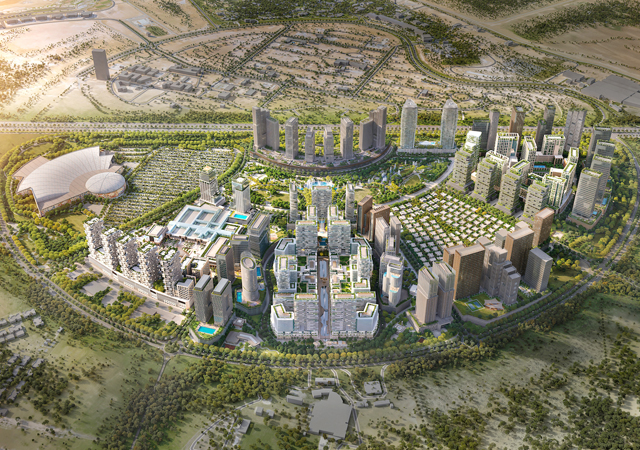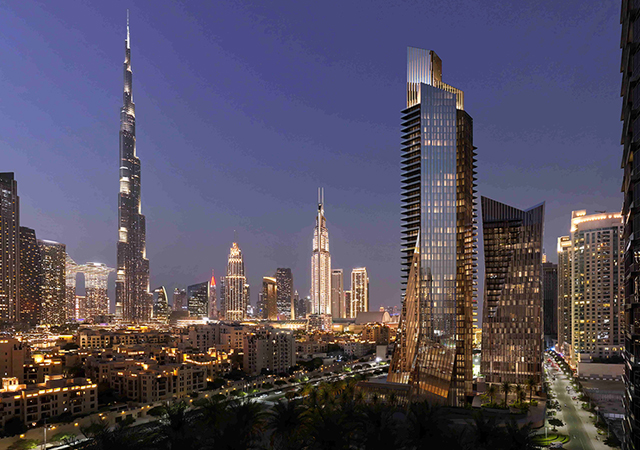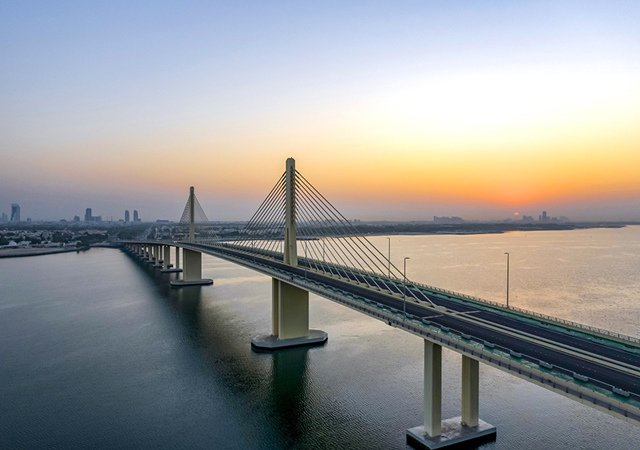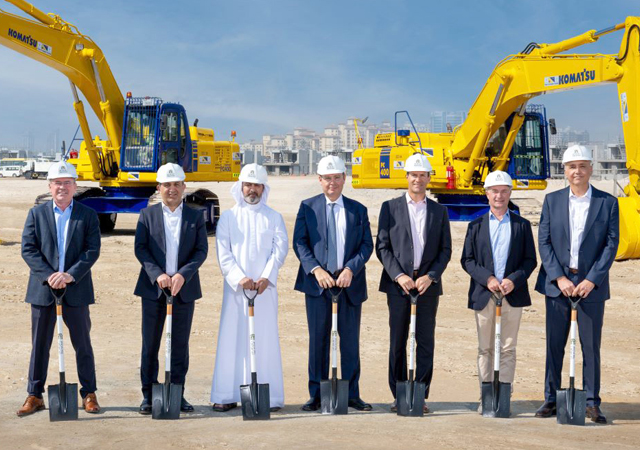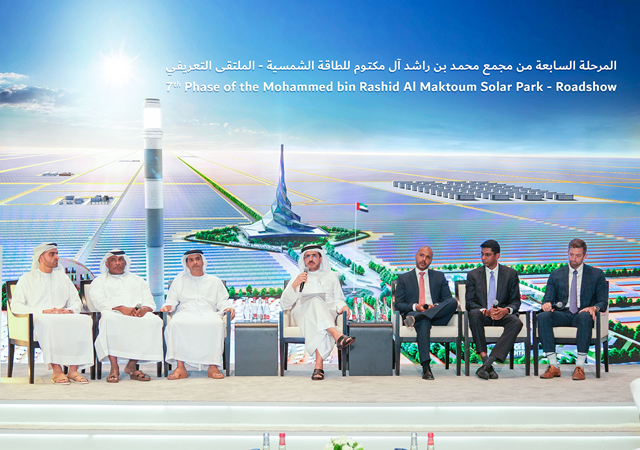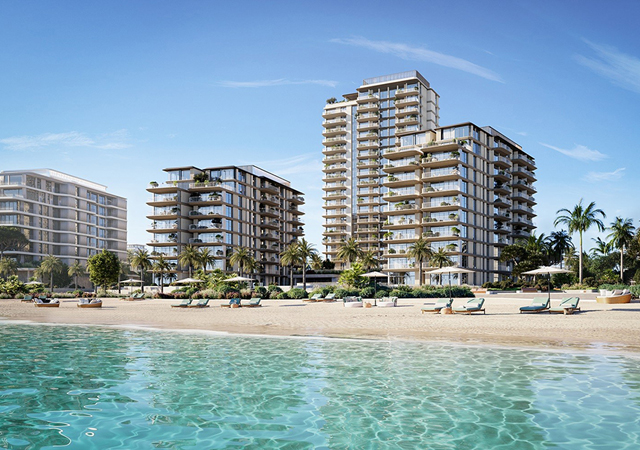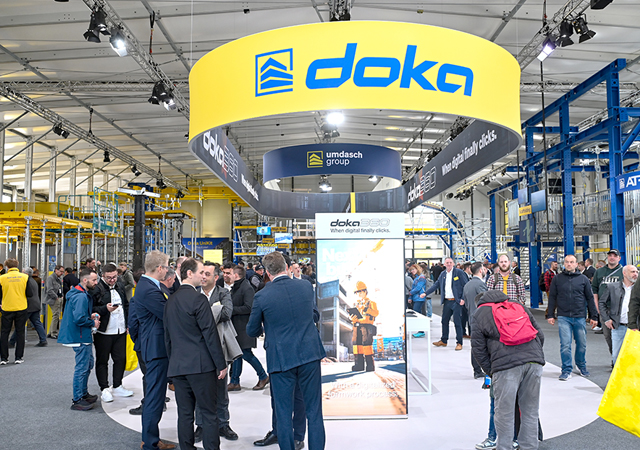
 Durapipe plastic pipes ... extensive portfolio.
Durapipe plastic pipes ... extensive portfolio.
SUSTAINABILITY has become an imperative consideration in the design and construction of new-build and refurbishment projects across all sectors and hence architects, consultants and contractors need to be able to demonstrate the environmental impact of their proposals to ensure they can continue to compete for new projects.
Setting the standard for best practice in sustainable building design, construction and operation in the Middle East and North Africa (Mena) region is the Global Sustainability Assessment System (GSAS), which is referred to as the most comprehensive sustainability assessment in the industry. Established by the Gulf Organisation for Research and Development and T C Chan Centre at the University of Pennsylvania, GSAS strives to create a sustainable urban environment by reducing environmental impacts as well as satisfying the needs of communities.
It is now mandatory for all public and private projects in Qatar to possess the GSAS certification. As a result, specifiers and consultants should be considering the sustainability credentials of all the systems that they specify for any building project – including the pipework.
Sustainability
There has been an ongoing debate comparing plastic pipework systems with metal alternatives, with arguments for and against both options when it comes to installation and performance. When it comes to sustainability, there is a perception that plastics are not the most environment-friendly material. However, looking at the environmental impacts of pipework systems, the benefits of selecting a plastic system are clear to see.
 |
|
Dolan ... ‘plastics systems are a sustainable choice‘. |
There are a lot of negative perceptions about the production of plastics using dwindling oil reserves. However, plastics only use four per cent of the world’s oil as feedstock, compared with the 87 per cent that is used for transport, energy and heating, simply being burnt and lost. Plastics represent the most sustainable use of oil, as they only ‘borrow’ energy during their lifetime and this can be recovered in the form of heat, which can be converted into electricity.
Due to lower conversion temperatures being required, less energy is also used in the manufacturing of plastic pipe and fittings from raw material, compared with steel pipe manufacture. On average, 10,000 megajoules (MJ) of energy are required to manufacture plastic pipework systems, compared with 25,000 for copper and 29,000 for steel.
Any scrap produced during the manufacture process of plastic can be recycled and reused. There are two primary methods for recycling plastics: mechanical and feedstock. Mechanical recycling is the simplest method, which is where plastic is heated and reformed into moulding granules to make new products. Feedstock recycling, on the other hand, involves breaking down polymers into their constituent parts through the use of heat or pressure; in turn, these parts can be used to make new plastics and chemicals.
Used plastics can be recycled up to six times, but when it is no longer economical to recycle them, it is then possible to recover the plastics’ thermal content through energy from waste incineration (EfW), providing an alternative source of energy.
Savings
There are further savings to be made during the installation process. Typically, plastic pipework is one-sixth the weight of a steel alternative, meaning the lightweight nature of plastics makes them much quicker and easier to handle on-site, eliminating the need for expensive lifting equipment.
The lightweight nature of plastic pipework systems also offers benefits during the transportation of products as plastic pipework can be transported in greater volumes, meaning fewer deliveries are required. A reduced number of deliveries provides the obvious environmental benefits of using less fuel for transportation than traditional material manufacturers.
Once the pipework system is installed, it will also continue to provide energy savings over the lifetime of the system. All plastic materials have low thermal conductivity resulting in less heat loss through the pipe wall, which minimises or completely eliminates the need for insulation.
 |
|
Under installation ... Durapipe pipework. |
The smooth bore of plastic pipework systems ensures no corrosion or limescale build-up, so flow will not become restricted, ensuring the same flow rate throughout the system’s lifetime and guaranteeing that the energy required to pump substances through the system does not increase as the pipework ages.
Furthermore, the smooth inner pipe walls mean plastic materials have less turbulence, lower velocities and less friction loss than traditional pipework materials. This means less energy is required to move fluids throughout a system and a lower pump output is needed.
At every stage of its lifecycle, a plastic pipework system reduces the level of energy consumption, compared with metal pipe systems. On a typical commercial building project, the real impact of using plastic pipe and fittings equates to a 2,314 kg of carbon dioxide (CO²) saving compared with copper and 3,606 kg of CO² saving compared with carbon steel.
Plastic pipework systems are a sustainable and environmentally responsible choice demonstrating that they are energy efficient during manufacturing and provide peak performance during service. Strong, durable, lightweight and flexible, plastic pipework systems require significantly less energy to manufacture, transport and install than metal alternatives and supply a long service life.
Contractors, consultants and specifiers need to be carefully considering the environmental impact of pipework systems, along with all other building materials, at the outset of a project to ensure the overall proposal offers a sustainable solution that ensures they can compete for new projects.
• Durapipe has been at the forefront of thermoplastic pipework technology for over half a century, offering pipes, fittings and valves for pressure and non-pressure systems that are widely used in industrial and building services applications around the world. The UK-based manufacturer is committed to ensuring that its product offering is as sustainable as possible. It continually looks to improve its environmental performance, minimising any pollution risk and adopting best practice to comply with all relevant legislation, codes of practice and standards relating to quality and the environment. Durapipe takes positive action to reduce waste by promoting energy conservation and recycling.


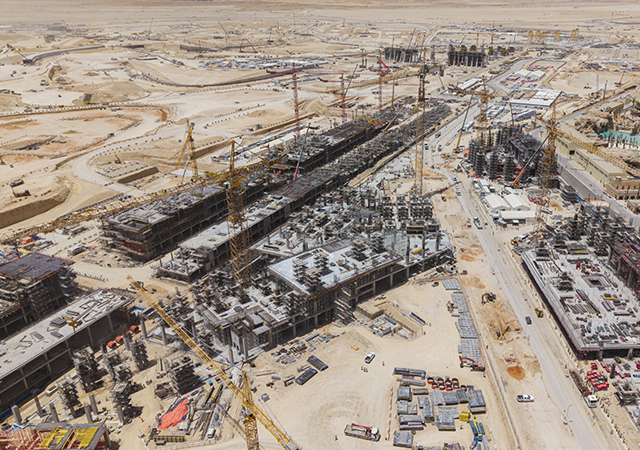
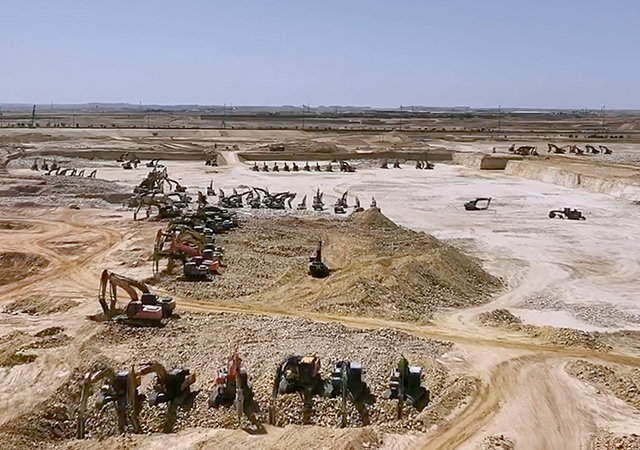
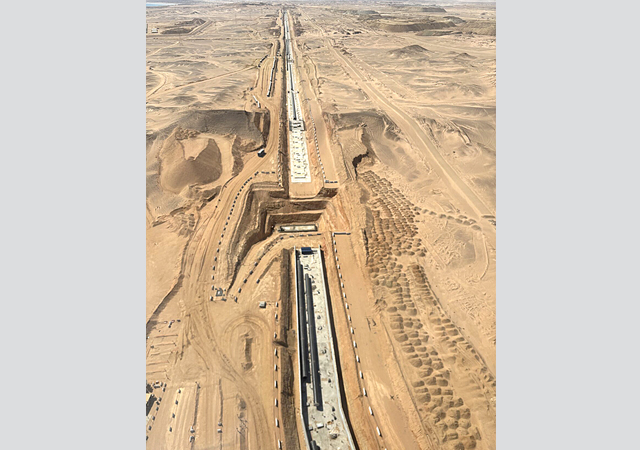
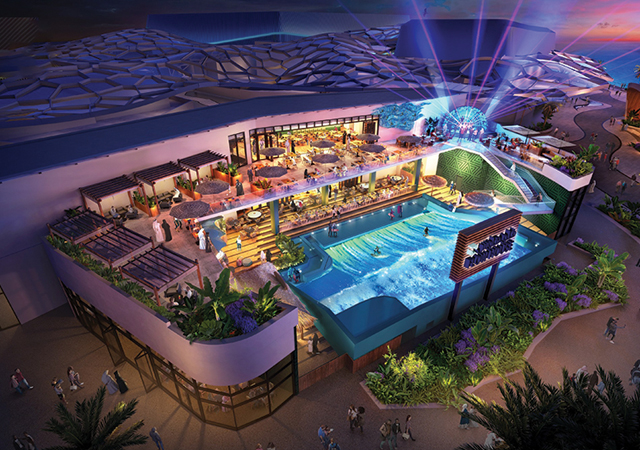
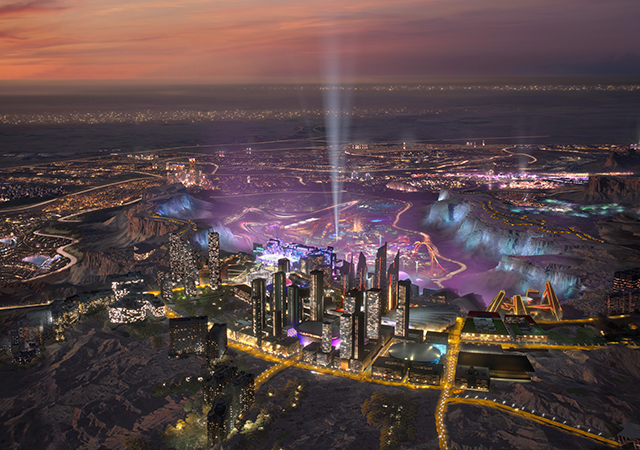

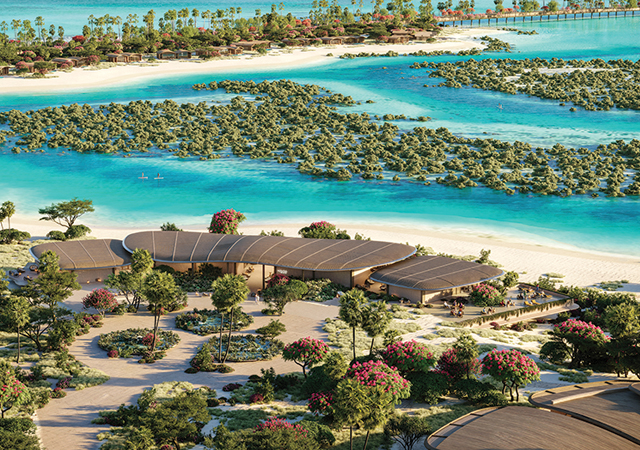

 BIG.jpg)
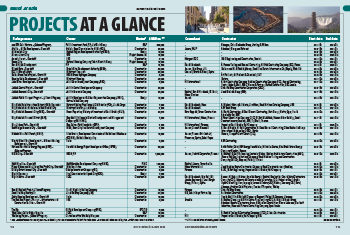
.jpg)
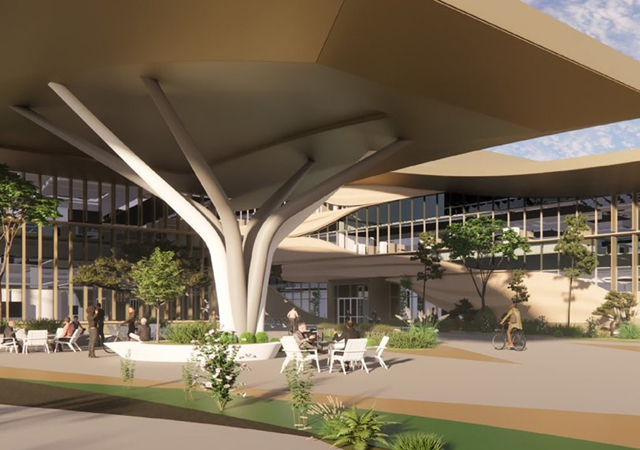

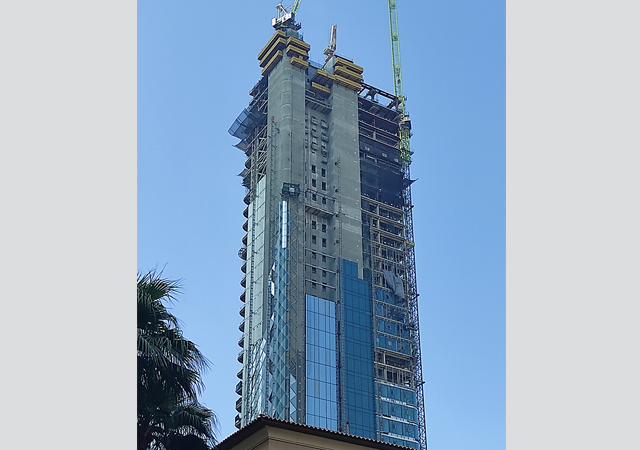
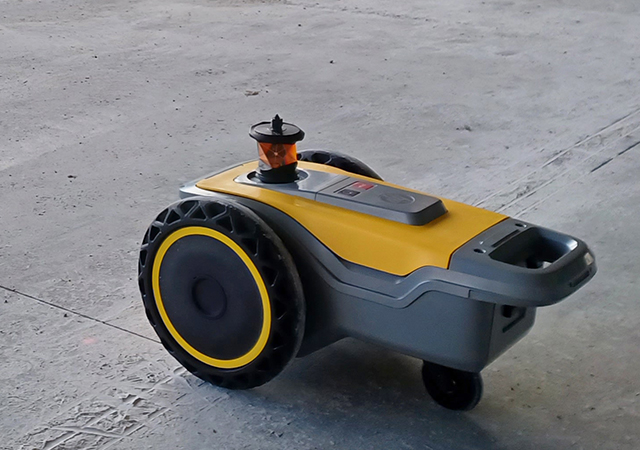
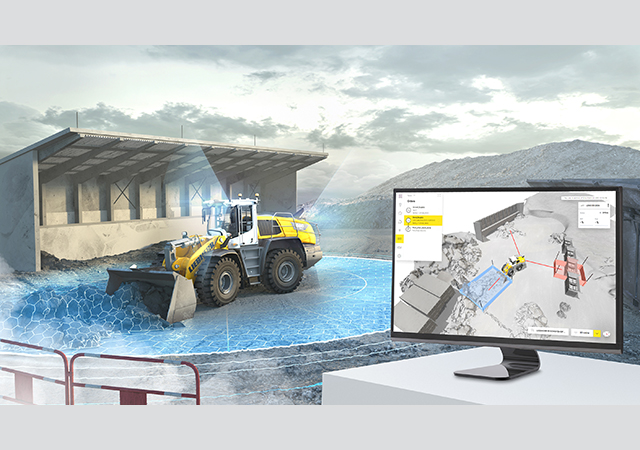
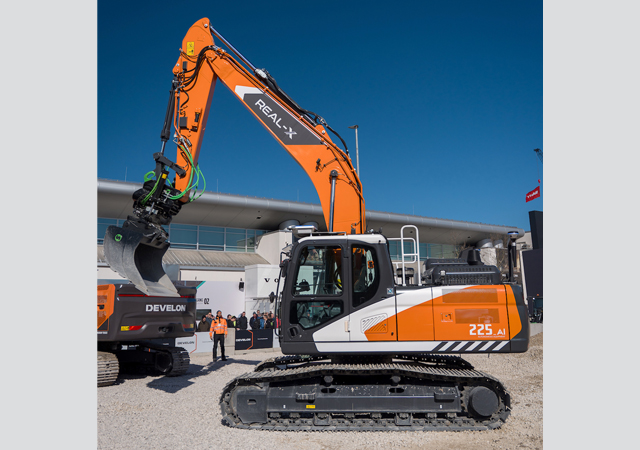
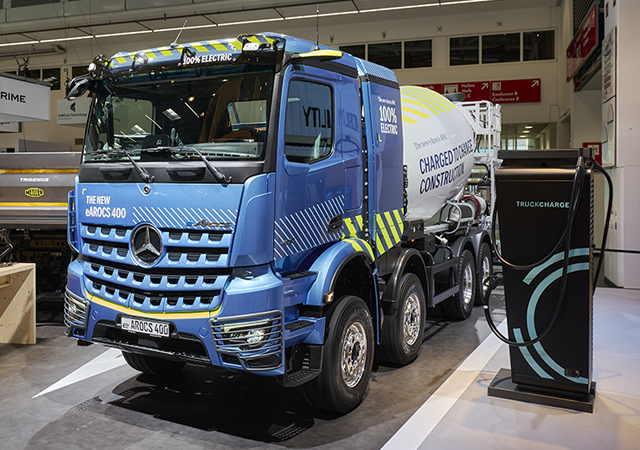

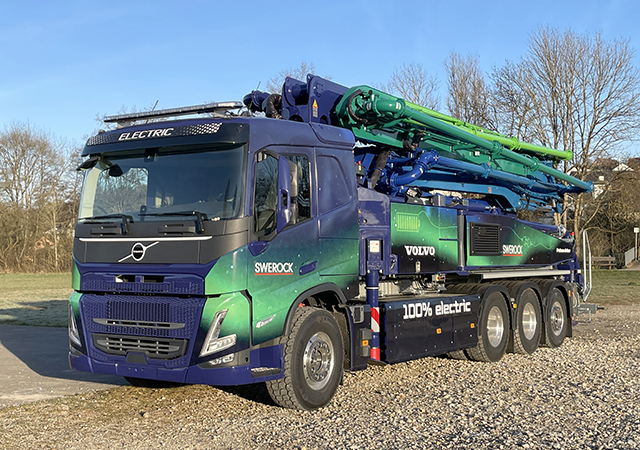
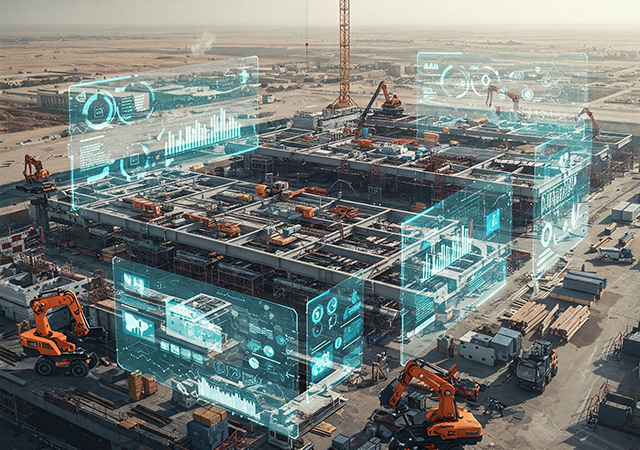
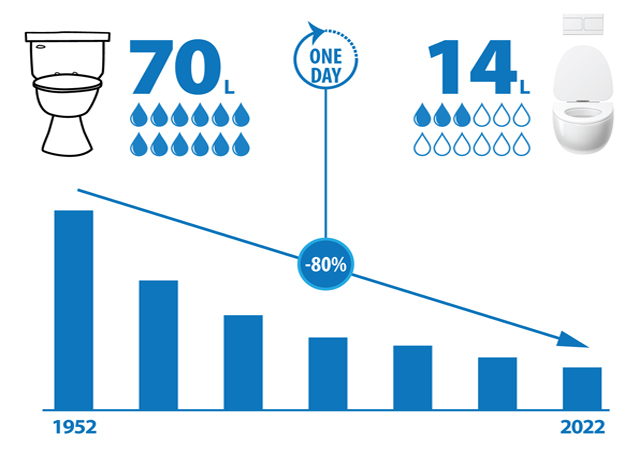

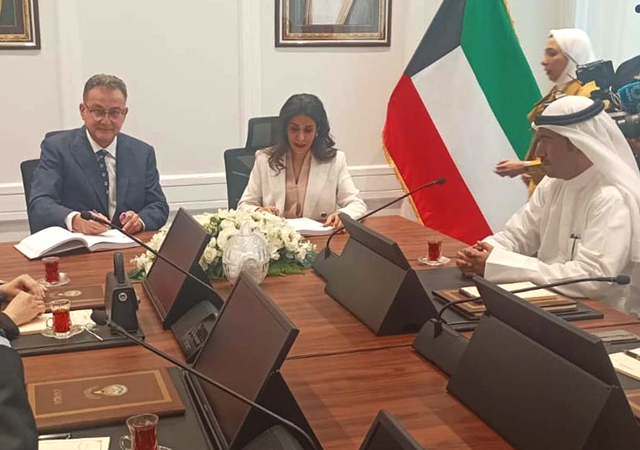
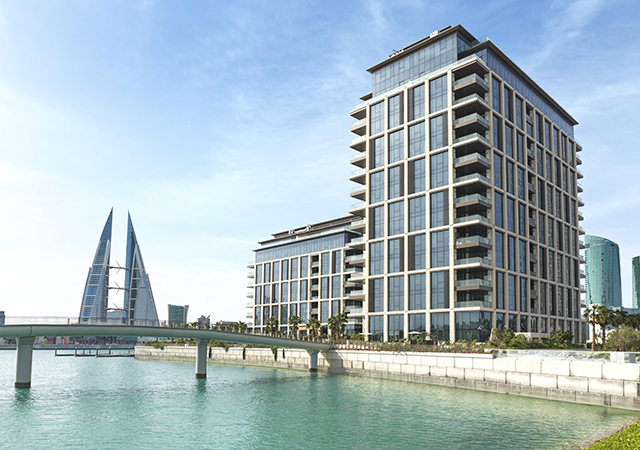
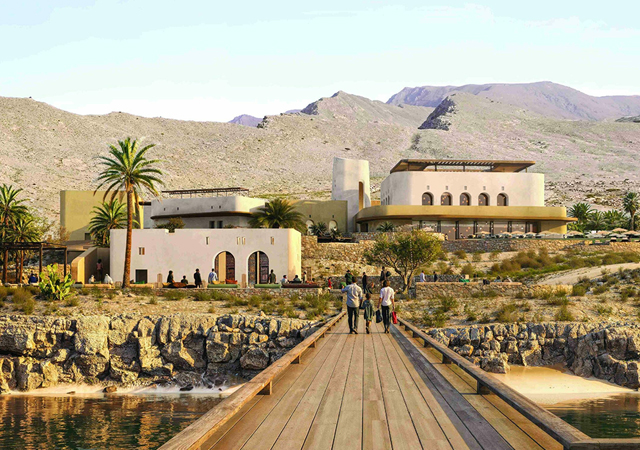


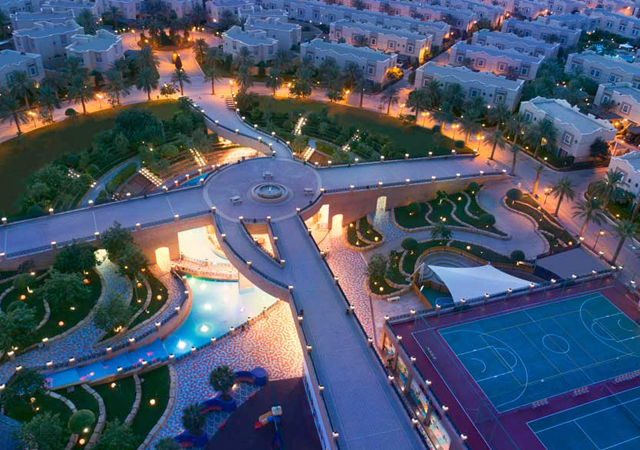
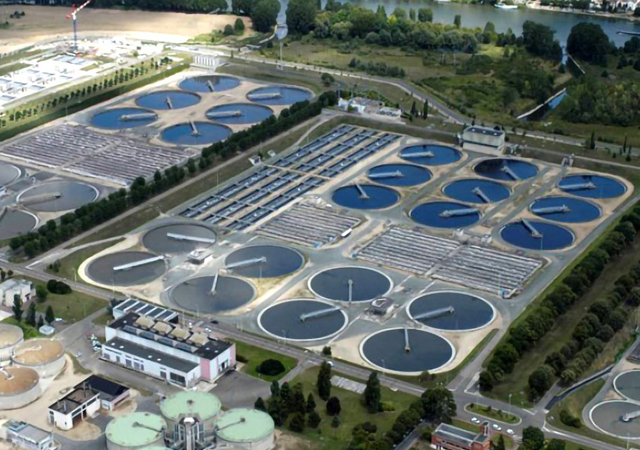
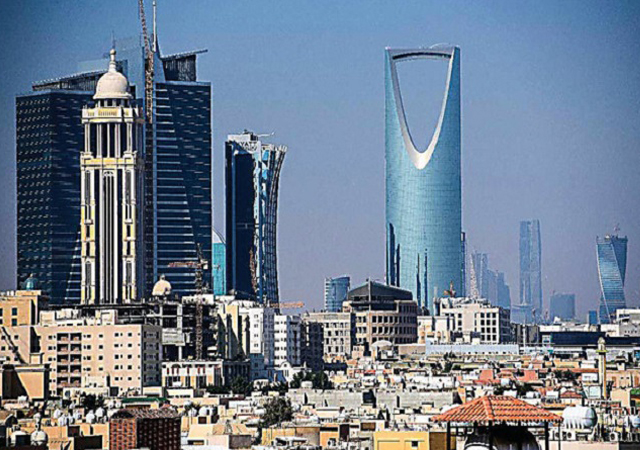

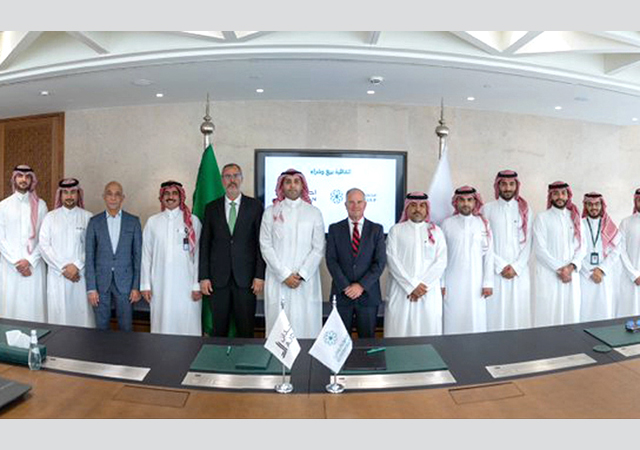
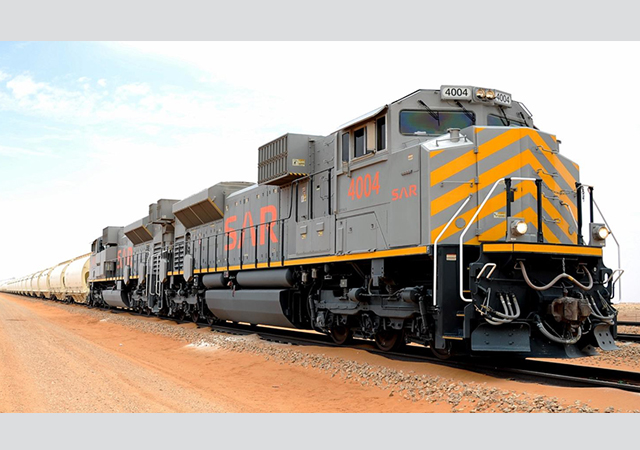
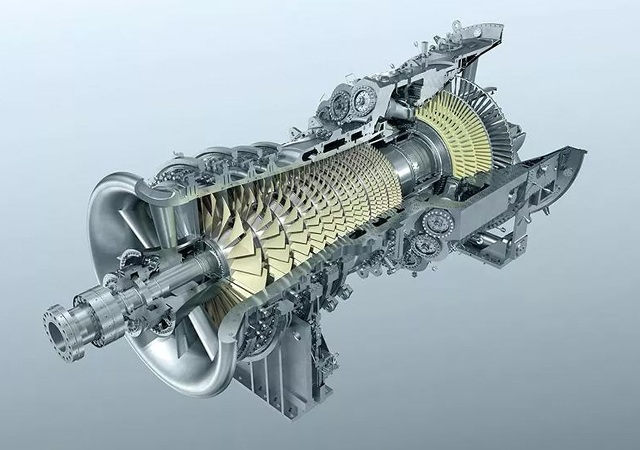
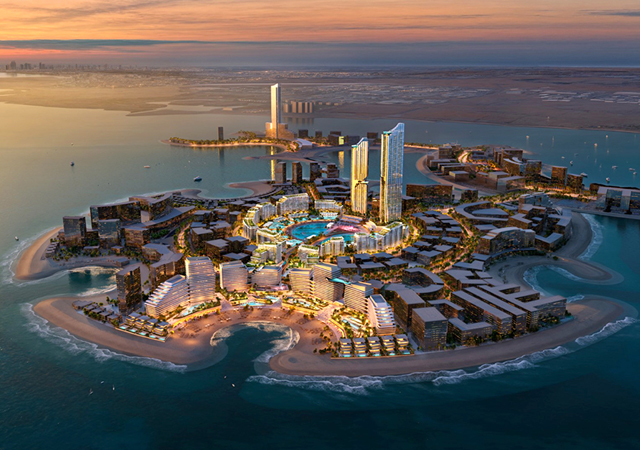
.jpg)
